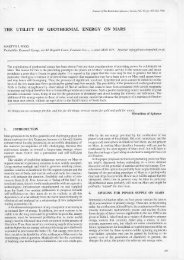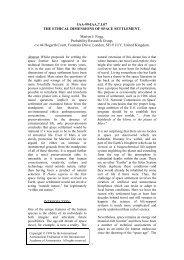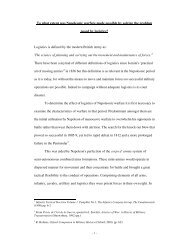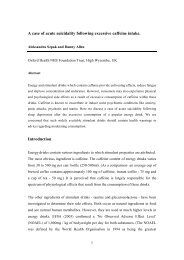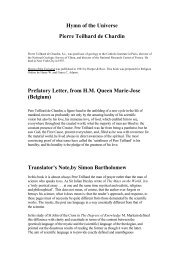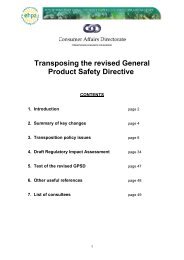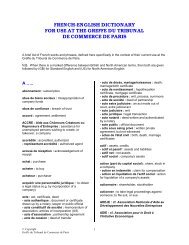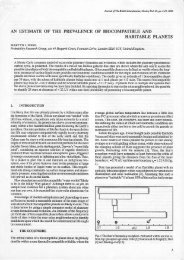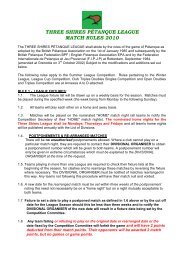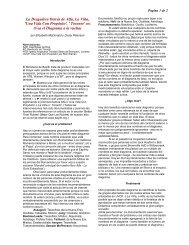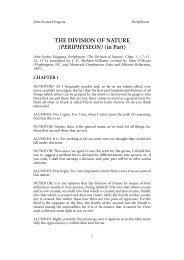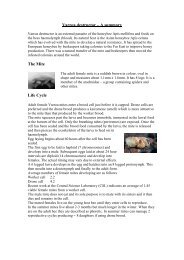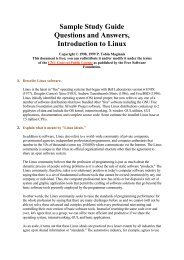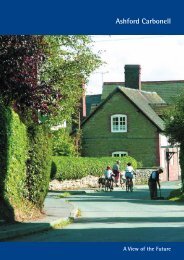Tibetan Herbal Medicine Core Curriculum [PDF]
Tibetan Herbal Medicine Core Curriculum [PDF]
Tibetan Herbal Medicine Core Curriculum [PDF]
You also want an ePaper? Increase the reach of your titles
YUMPU automatically turns print PDFs into web optimized ePapers that Google loves.
<strong>Curriculum</strong> Content:<br />
The core curriculum laid out in this document is based upon the common ground of study in<br />
the major teaching institutions for <strong>Tibetan</strong> medicine in Dharamsala (India), Lhasa (<strong>Tibetan</strong><br />
Autonomous Region of China) and Xining (Quighai, China).<br />
What follows is a section-by-section description of the Fourfold Treatise, showing the main<br />
subjects studied during the four years. The Fourfold Treatise does not include training in rtsis<br />
(literally "calculations"), which traditionally existed as a training in its own right in Tibet and<br />
concerns a detailed study of all possible rhythms and movements in nature, including the<br />
human body. It is particularly concerned with the relation between the individual and the<br />
environment, studied through their mutual dependence and interaction, and is used, among<br />
other things, to determine the timing and suitability of treatments.<br />
Tibet was traditionally a very religious country. The physician, who strove to lead an<br />
exemplary moral and ethical life, enjoyed a highly respected status and often gave counsel.<br />
The making and giving of medicines was treated as a sacred task, as was most of the healing<br />
art. Traditional studies included a component of spiritual training, mainly concerned with the<br />
doctor's own moral and ethical values, the treatment of the patient and the preparation of<br />
medicines. As TTM training reaches a wider world, and people of other faiths or no faith wish<br />
to study its science, it is appropriate for a religious component to be offered as an option and<br />
not a requirement. However, the altruism, respect for others etc. which form part of the<br />
physician's ethical and moral training are an integral part of the core curriculum. 2<br />
2<br />
Eminent authorities, such as HH the Dalai Lama and Prof Khenpo Troru Tsenam in Lhasa, have insisted that<br />
TTM stands perfectly in its own right as a medical system without the Buddhist element and that the prayerful,<br />
religious component is an "added value" but not a necessity. Therefore making these an option rather than a<br />
requirement seems to pose no problem to the main holders of the traditions. The time devoted to these is not included<br />
in the study hours cited above.<br />
69


![Tibetan Herbal Medicine Core Curriculum [PDF]](https://img.yumpu.com/32594566/5/500x640/tibetan-herbal-medicine-core-curriculum-pdf.jpg)
